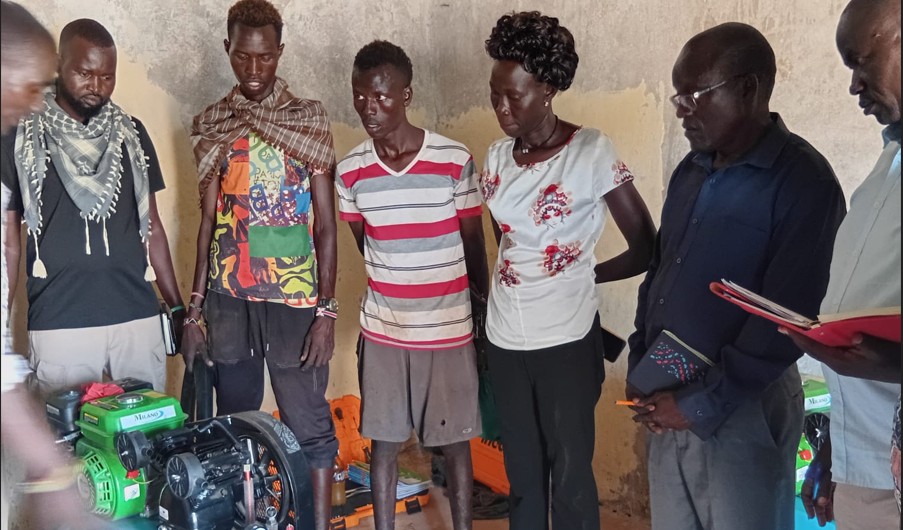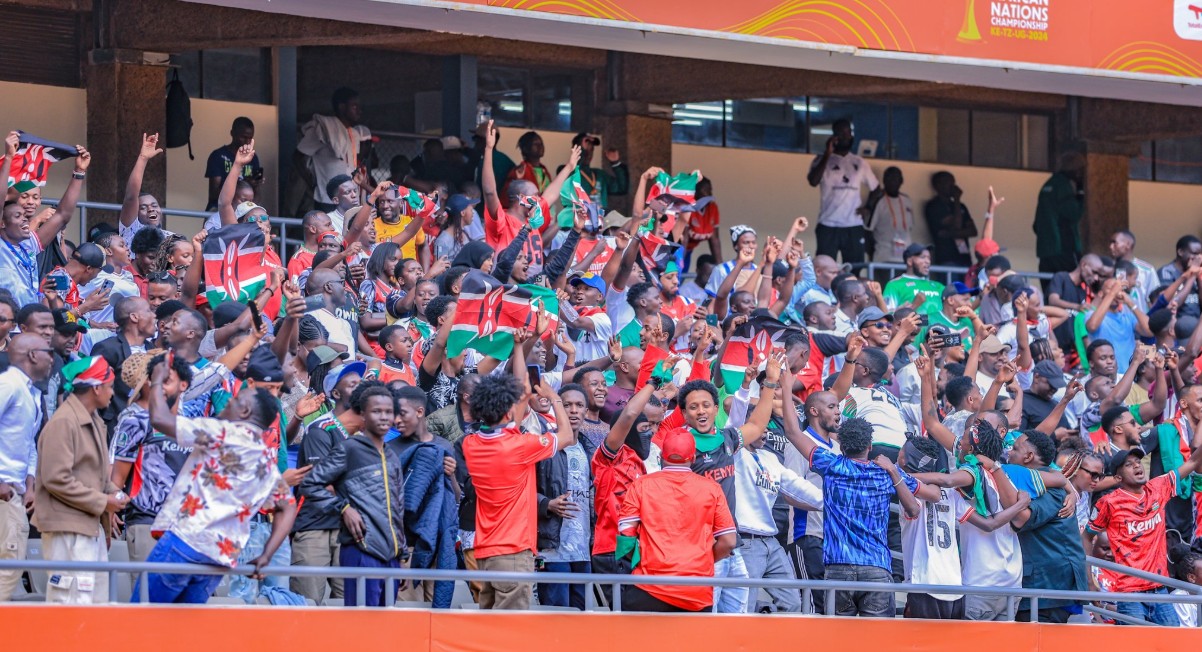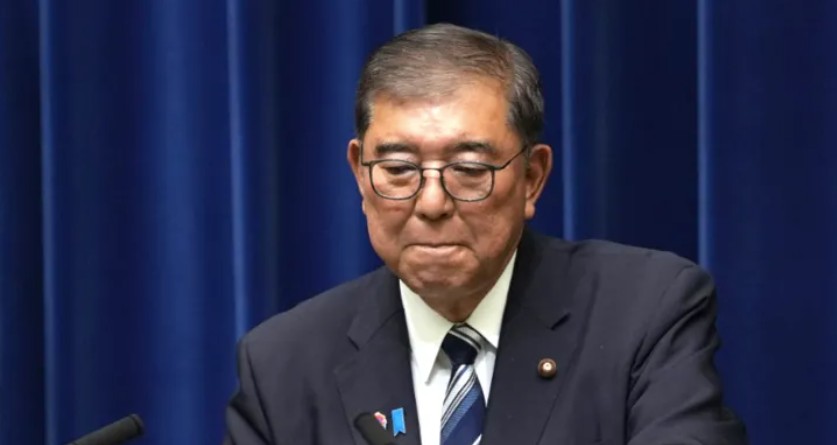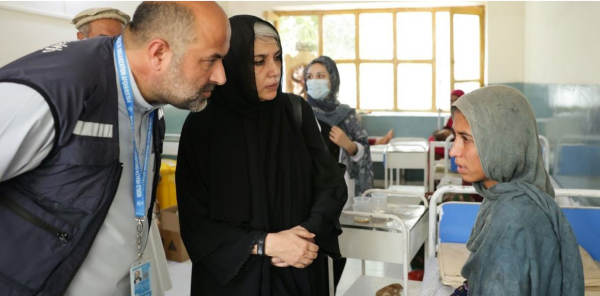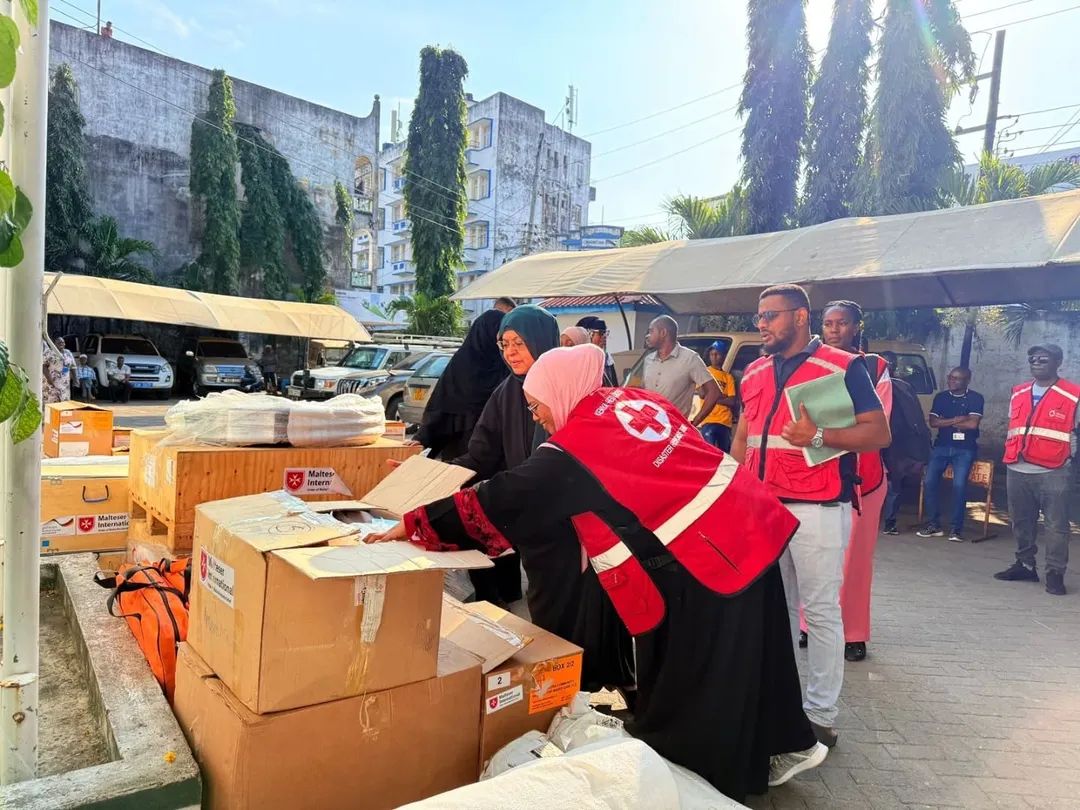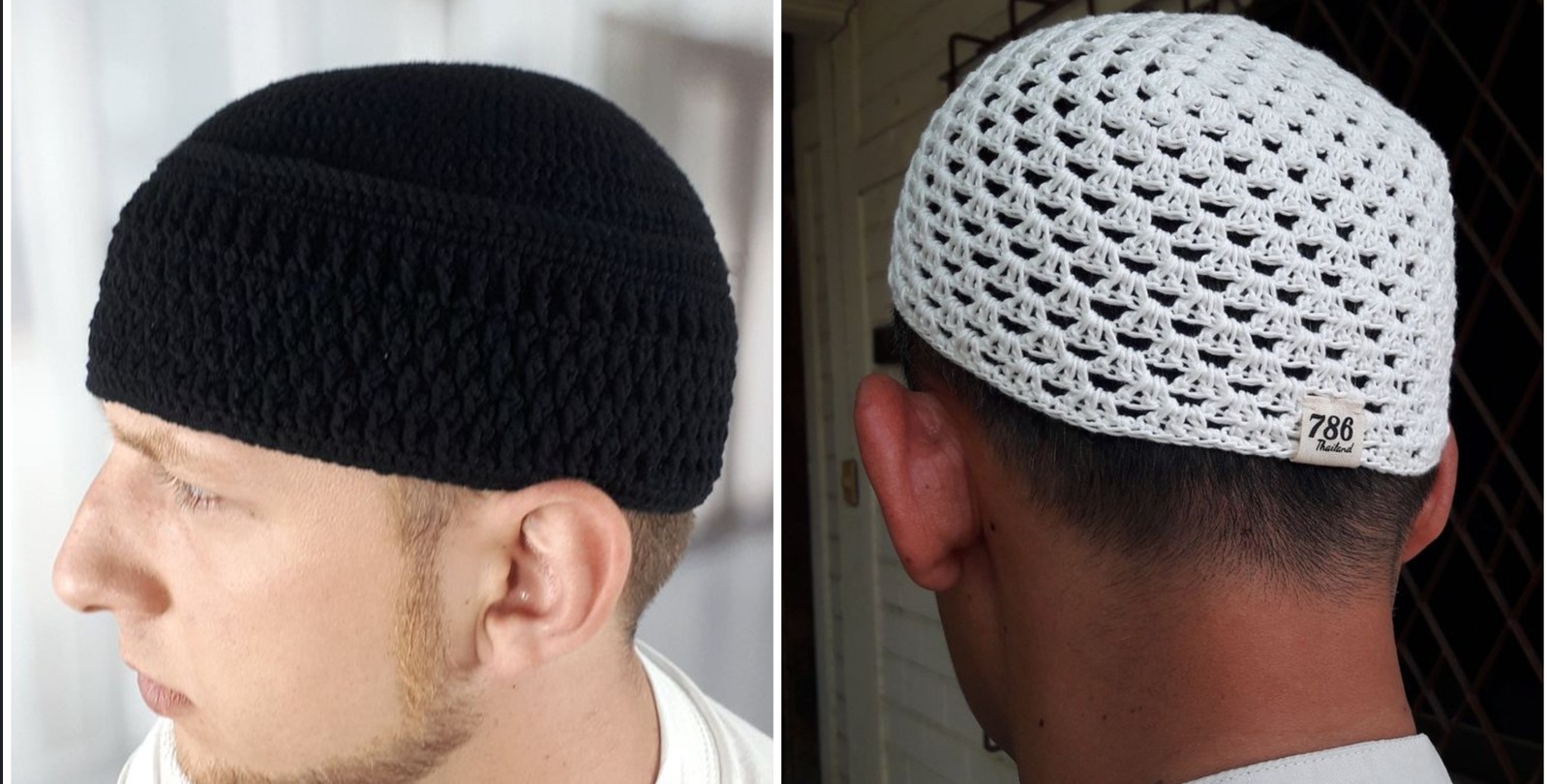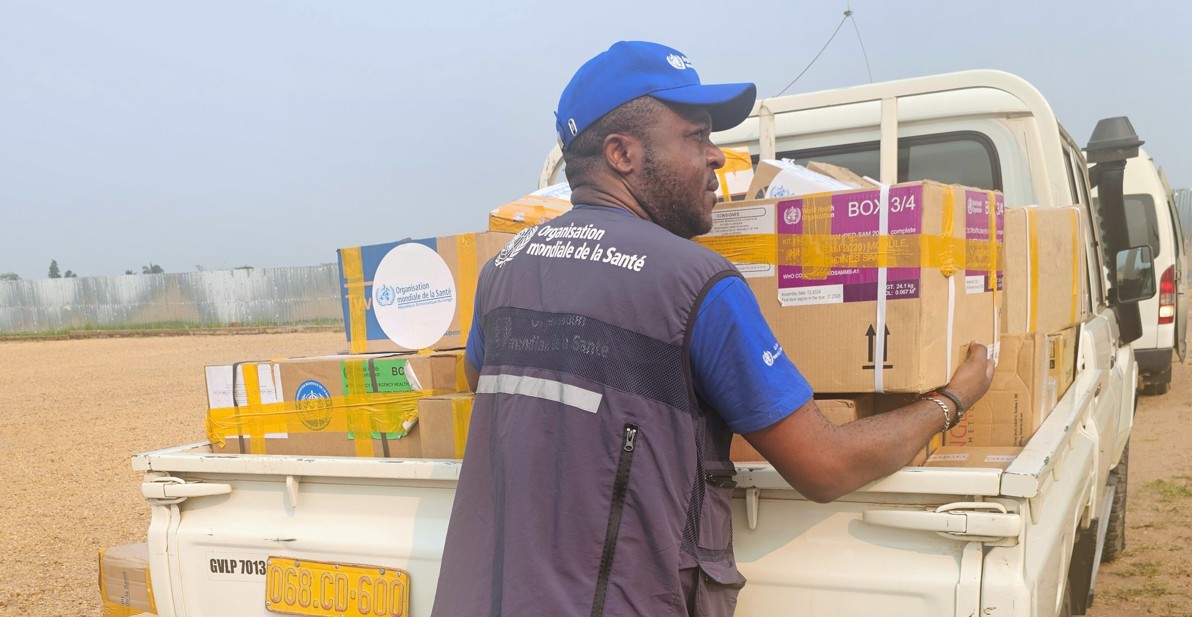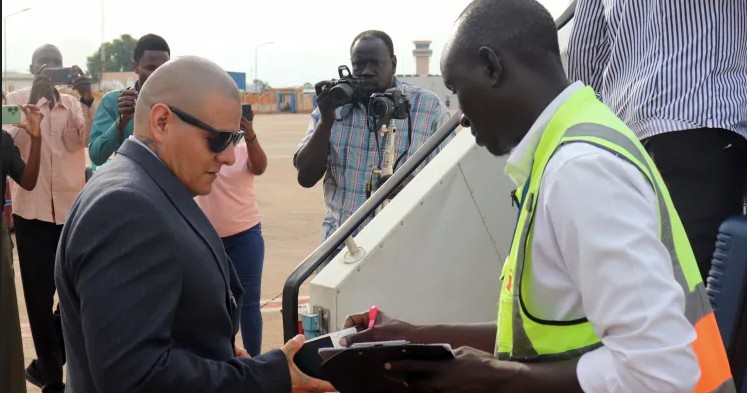Why Jubaland President visited Nairobi amid tension with Somalia federal government
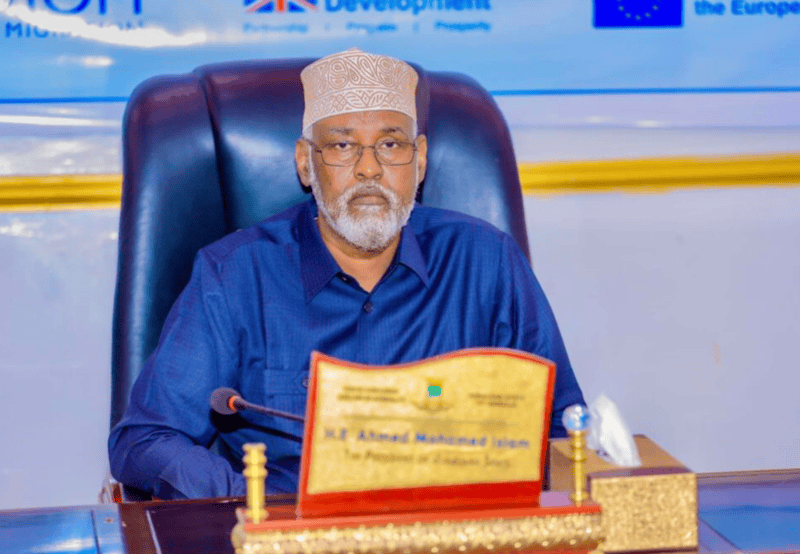
Reports indicate that Ahmed will meet with ambassadors from the international community in Kenya to discuss political issues affecting Somalia.
Jubaland President Ahmed Mohamed Islam Madobe arrived in Nairobi on Saturday morning aboard a private aircraft. This is his first international trip since his re-election as leader of Jubaland, a result that the Somali federal government has refused to recognise.
Reports indicate that Ahmed will meet with ambassadors from the international community in Kenya to discuss political issues affecting Somalia.
More To Read
- Somali intelligence confirms killing of dozens of Al-Shabaab fighters in raid
- Sudan accuses UAE of using Puntland as arms pipeline for RSF fighters
- Maraga urges President Ruto to order withdrawal of Jubaland forces from Mandera
- Somalia adds Northeastern State to federal map despite Somaliland objections
- Egyptian military delegation in Mogadishu as Cairo prepares troop deployment to Somalia
- Lamu County, Jubaland vow to strengthen cross-border ties in trade, health and security
Central to these discussions are the ongoing disagreements between Jubaland and the Somali federal government. The meetings are also expected to cover updates on development initiatives in the Jubaland state.
Sources have also revealed that after concluding his engagements in Kenya, Ahmed plans to travel to the United Arab Emirates for an official visit.
The strained relationship between Jubaland and the Somali federal government stems from disputes over constitutional amendments and electoral reforms.
Ahmed's re-election was challenged by Somalia's government, leading to the Raskamboni battle between Somalia and Jubaland forces.
The federal government has been advocating for a unified, universal suffrage system based on one person, one vote across Somalia.
However, Jubaland and Puntland, Somalia's semi-autonomous regions, rejected this proposal due to concerns over security and logistical challenges.
These disagreements have created significant tensions, with the federal government issuing an arrest warrant for Ahmed after his re-election last year, which did not follow the universal suffrage model.
His win has also not been recognised by the federal government in Mogadishu.
Ahmed's international trip is seen as an effort to secure support from external stakeholders amid these domestic challenges. His discussions in Kenya and the United Arab Emirates are expected to focus on finding ways to address the ongoing conflicts and advancing development in Jubaland.
The outcomes of Ahmed's discussions with international stakeholders will be closely watched for their potential to resolve the political impasse.
Top Stories Today

